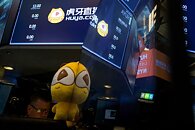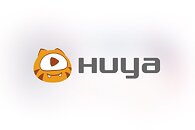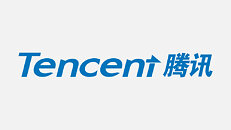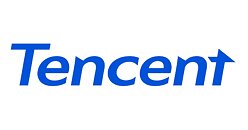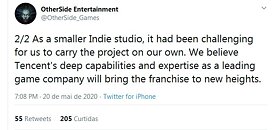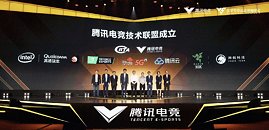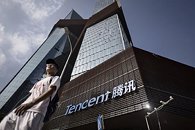Chinese Government Approves 105 Games to Appease Investors After Last Week's Curbs Send Gaming Stocks Crashing
The Chinese Government regulators overseeing the country's video game industry approved 105 new game titles since last week's curbs that prevent online games from rewarding daily gameplay. The scope of the curbs were so profound that they sent company stocks of the country's two leading game publishers, Tencent and NetEase, crashing down by approximately 16% and 24%, respectively, with tens of billions in investor value erased. China's domestic online gaming revenues were last assessed at around $42 billion a year.
The Press and Publications Administration (PPA), the overarching regulatory body behind all information and content creation and circulation in China, in its official WeChat account, commended the Game Working Committee of China Music and Digital Association, the body that approves publication of new games, for the successful implementation of the new curbs, and the approval of the 105 new games, stating that the approvals "send positive signals that support the prosperity and healthy development of the online game industry." At any given time, the Chinese regulators have a queue of games and their content additions (eg: DLCs) awaiting government approval. 105 is the highest number of monthly approvals passed by the government, and is hence seen as a move aimed at appeasing investors after last week's crash of game publisher stocks.
The Press and Publications Administration (PPA), the overarching regulatory body behind all information and content creation and circulation in China, in its official WeChat account, commended the Game Working Committee of China Music and Digital Association, the body that approves publication of new games, for the successful implementation of the new curbs, and the approval of the 105 new games, stating that the approvals "send positive signals that support the prosperity and healthy development of the online game industry." At any given time, the Chinese regulators have a queue of games and their content additions (eg: DLCs) awaiting government approval. 105 is the highest number of monthly approvals passed by the government, and is hence seen as a move aimed at appeasing investors after last week's crash of game publisher stocks.
































